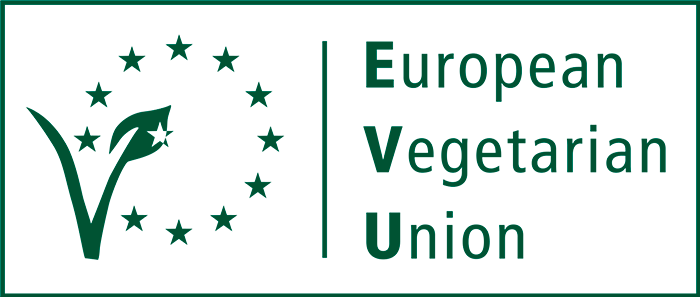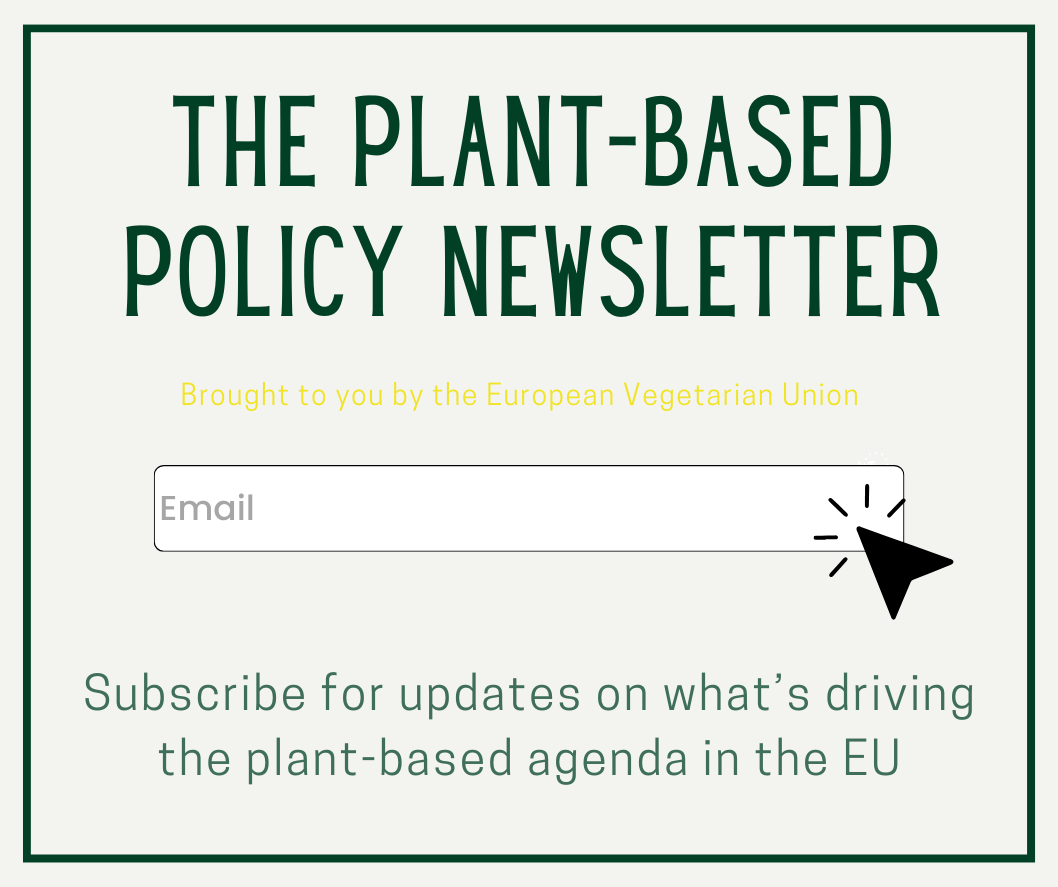Recent updates to national dietary guidelines across Europe reveal a growing shift in how governments approach food consumption. Countries like Germany, The Netherlands, Denmark, Austria, and Norway have started recommending reduced meat consumption and increased intake of plant-based foods. Importantly, a number of these countries – although not all – are also integrating sustainability and environmental impact into their guidelines. What this suggests is a growing recognition of the need to align dietary habits with our environment’s capacities. It is our view that sustainability must be an essential part of all dietary guidelines. Without it, these recommendations will ultimately become untenable.
Traditionally designed to promote healthy eating habits and provide recommendations on types and quantities of food people should consume, government-led guidelines have normally only focused on individual health – and have not been free of the effects of big meat and agri lobbying. In light of the effects of climate change, biodiversity loss and water scarcity, not incorporating or considering environmental sustainability is shortsighted. And that is because if dietary guidelines do not take into account the environmental impact of food production, they could ultimately promote consumption patterns that can’t be sustained in the long term. The inclusion of sustainability aspects in national dietary guidelines became a more common practice after the publication of the EAT-Lancet Planetary Diet, a highly respected scientific review that determines what a healthy diet should be for the world population, taking sustainability into account.
Diets high in animal-based products (both meat, dairy and fish) are resource-intensive and contribute disproportionately to greenhouse gas emissions, deforestation, water scarcity, and soil degradation. If guidelines published by governments continue to endorse such diets, this risks pushing for food systems that don’t take into account the ecological limits of the planet, and so make it impossible for future generations to access the same variety and quantities of food. European diets are a case in point, where the consumption of animal-based products is significantly higher than the world average (60% animal to 40% plant-based diets in Europe, compared to 40% animal to 60% plant-based diets world average). In fact, data demonstrates that since 1961, Europeans have increased animal protein consumption by almost 80%, whilst reducing plant-based protein intake by about 11%.
Plant-based diets therefore offer a compelling solution, as they require fewer resources than animal-based products, emit significantly fewer greenhouse gas emissions and have been shown to bring to the table a range of health benefits. According to the Global Burden of Disease, in the EU, almost 1 million deaths per year can be attributed to poor diets, which represents about 1 in 5 deaths. Scientific consensus moreover posits that transitioning towards more plant-based diets could reduce global mortality, healthcare costs and productivity loss. But the multiple benefits of a more plant-based diet are still failing to be fully recognised by governments around the world. In the study “A Global Analysis of National Dietary Guidelines on Plant-Based Diets and Substitutions for Animal-Based Foods“, it was found that most countries’ dietary guidelines do not sufficiently cover the spectrum of plant-based diets or provide clear alternatives to animal-based foods. This translates to an important and worrying information gap where governments are missing an opportunity to encourage sustainable eating habits and where they risk continuing to perpetuate unsustainable consumption patterns.
There is also an argument to be made that our understanding of ‘health’ is currently too narrow. Taken at a basic level, it refers to individual well-being. But with the planetary crisis we are facing, our personal well-being is increasingly and directly impacted by the world around us (think extreme weather conditions, water shortages, the spread of animal-bred diseases…). By taking a more holistic approach to what well-being encompasses, we can see sustainable diets (especially those rich in plant-based foods) play an important role. A more sustainable food system leads to a better environment which then leads to better conditions for living a healthier life. At the EVU, we stand by the concept of One-Health which recognises the interconnectedness of human, animal, and environmental health. As stated by the European Commission, implementing an effective One Health approach necessitates cooperation and collaboration across various sectors and disciplines, including agriculture, environmental science, human and veterinary medicine, epidemiology, social sciences, and governance, among others.
To address the growing challenges posed by climate change, national dietary guidelines need to evolve and promote sustainability alongside individual health. The shift already seen in some European countries toward plant-based diets represents a step in the right direction, but it remains to be seen whether this is picked up elsewhere – including by the likes of France, Spain or Italy where meat consumption is both traditionally high and perceived as intrinsically linked to their culinary heritage (and where meat lobbies wield considerable influence). For meaningful change to occur, governments will need to embrace a more comprehensive approach that integrates sustainability into their dietary recommendations and lean on the growing scientific consensus of the role our diets play on the environment. Or put more simply, no healthy planet, no healthy individuals.
Rafael Pinto
EU Policy Manager


